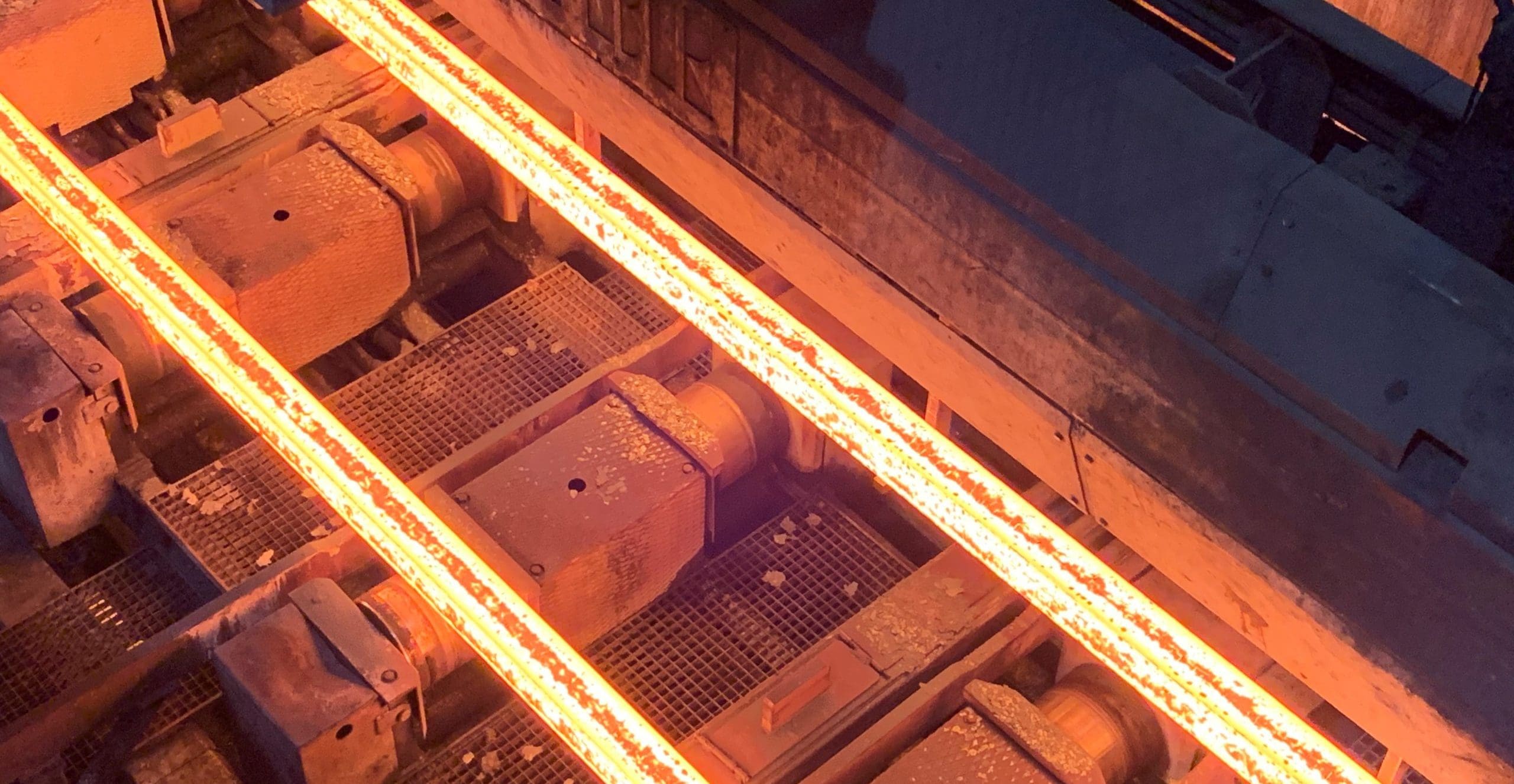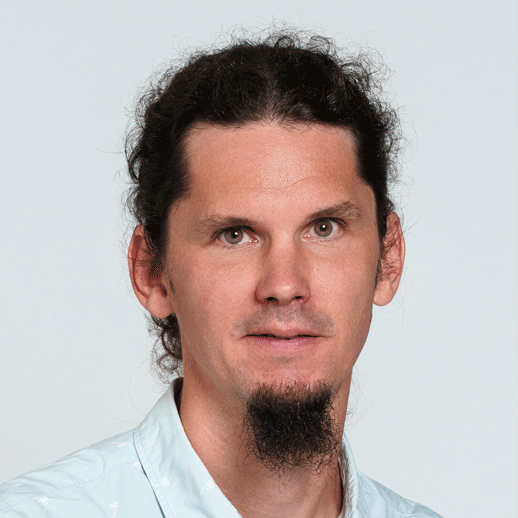Together with Michael Brenner-Fließer and Ingrid Kaltenegger from the Institute for Climate, Energy Systems and Society at JOANNEUM RESEARCH, sociologist Markus Hadler from the University of Graz took a close look at the steel industry in Belgium, China and the USA.
"If, for example, waste wood is used instead of coal to heat the blast furnaces, this undoubtedly leads to CO2 savings, but not necessarily to positive effects on society," reports Hadler.
Indeed, China currently sources raw materials from Australia, where they are produced to high standards. The conversion would replace them with local products that pay far less attention to social sustainability. Belgium, on the other hand, imports coal that is mined under poor conditions. So doing without would also bring social benefits.
Belgium as a model
In an EU-funded model plant in Ghent, some wood waste is used to heat the blast furnaces, for example from demolished roof trusses and offcuts from sawmills. The Graz research team has analysed the consequences for humans and nature.
"These results can also be applied to our country," Hadler and Brenner-Fließer are convinced. Waste wood instead of coal would therefore also improve both environmental and social conditions in Austria. "However, the negative effects on the countries that currently export the raw material would also have to be mitigated," the researchers caution.
They could, for example, switch from the extraction of fossil fuels to the production of alternative energies in order to create new fields of work.



